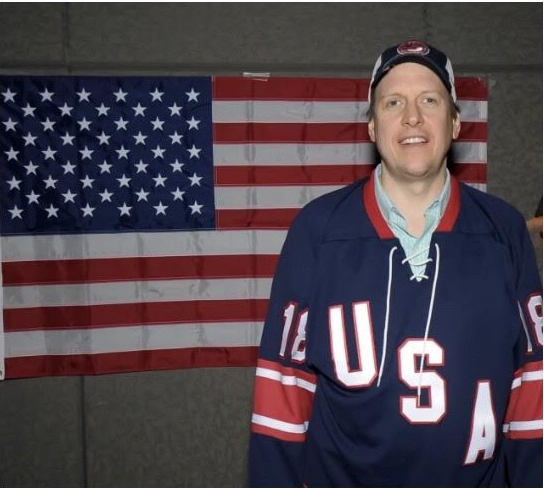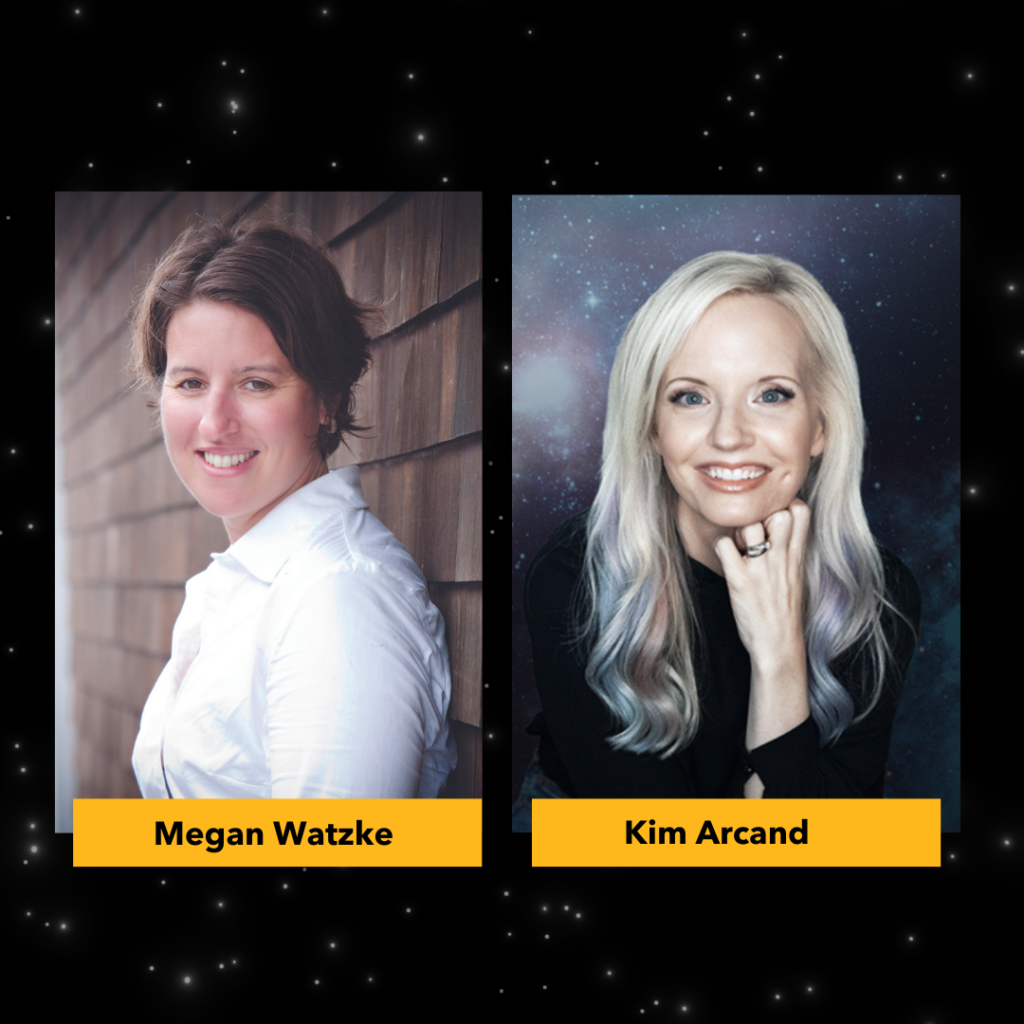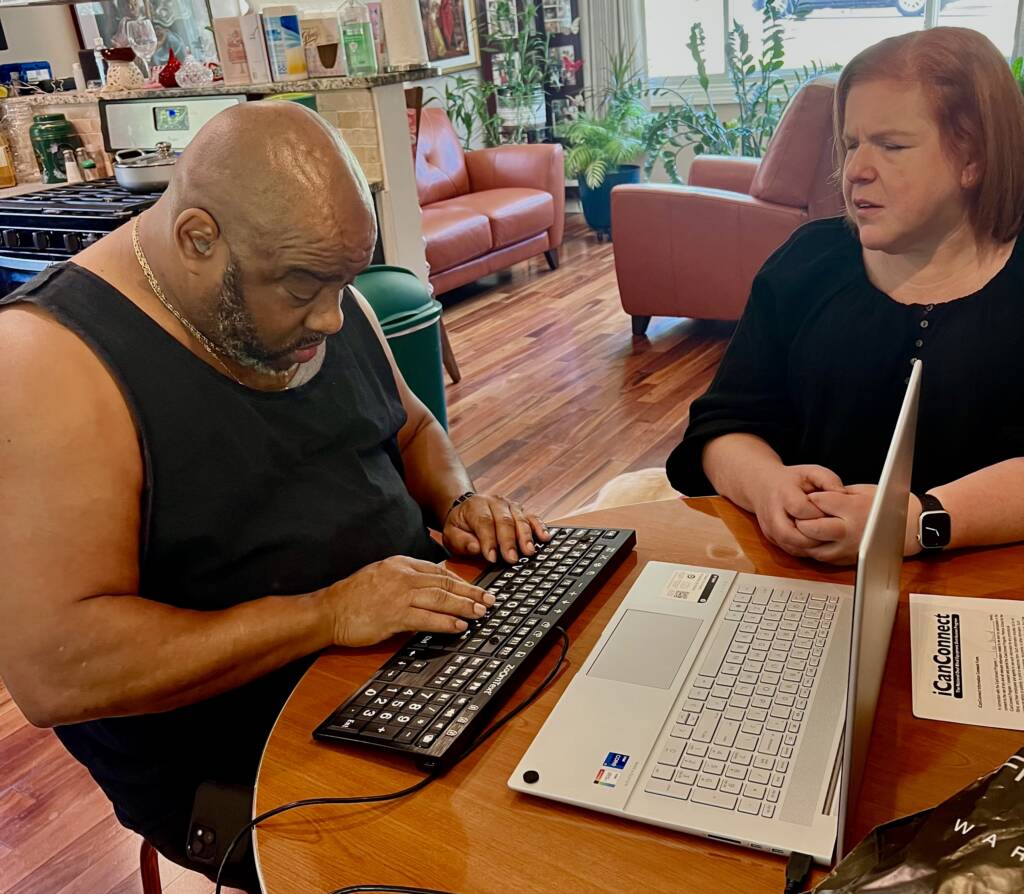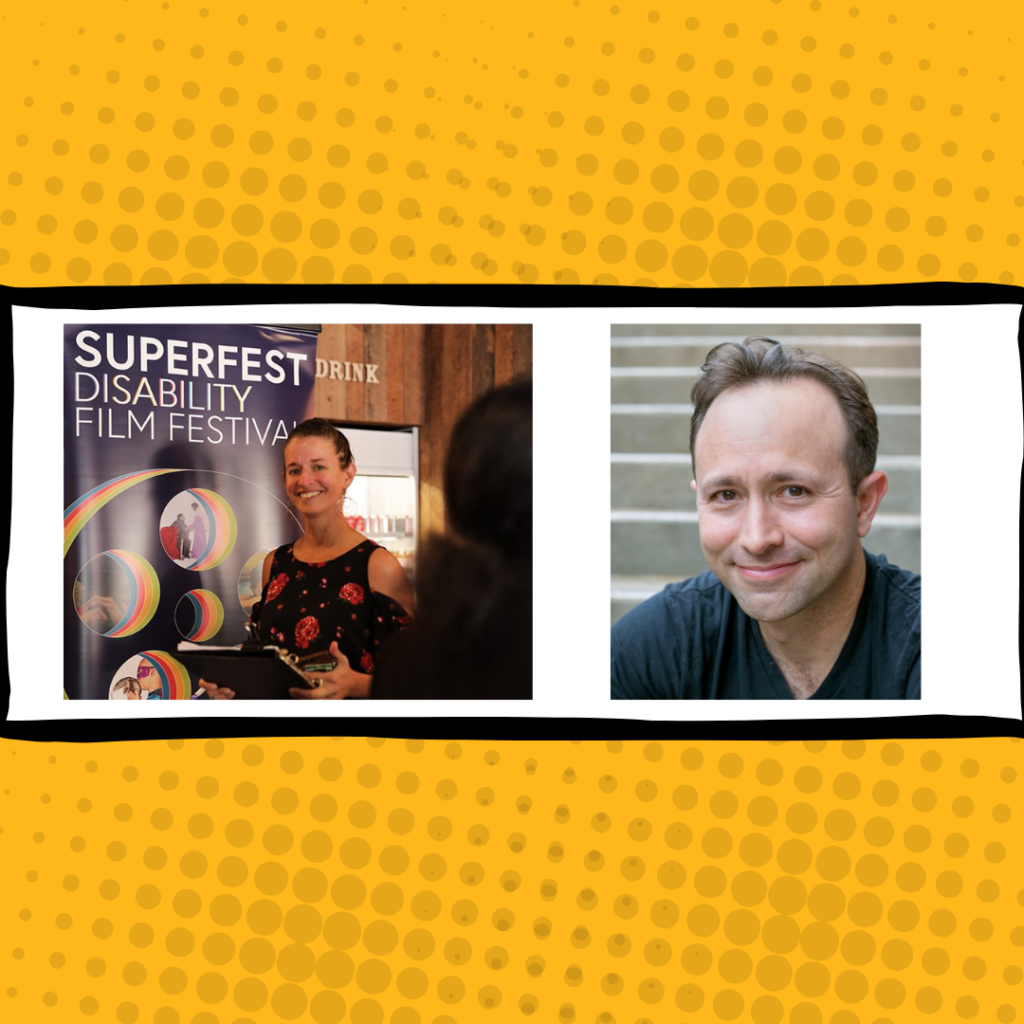Ever since the era of the Founding Fathers, Washington, D.C. has been the de facto epicenter of political and social causes, playing host to millions of people from all walks of life gathering and marching across the striking backdrop of the National Mall.
And earlier this year, another huge crowd gathered in another part of the city to support another important cause. Yes, there was lots of shouting, but this time it wasn’t in frustration or anger — it was shouts of jubilation and pride.
After 44 years of struggle, The Washington Capitals NHL hockey team had finally captured the most coveted trophy in all of sports – the Stanley Cup.
A mere three days later and a mere eight miles from that “All CAPS!” celebration outside Capitol One arena, another D.C. hockey team hit the *painted* ice with a similar sense of hope and purpose. And like the Capitals franchise and its long-suffering fans, the team is intimately familiar with struggle…
…Except the struggle the Washington Wheelers hockey team faces has nothing to do with wins, losses nor even the sport of hockey itself.
You see, each member of the Wheelers is facing the challenges of living with blindness, a condition none of us ever asked for, wanted or even felt emotionally prepared to fully handle when we could no longer ignore or deny its impact on our daily lives.
“People who are blind play ice hockey? On skates? With sticks?”
Yes, we do … and so do players on teams in New York, Illinois, Pennsylvania, Connecticut, Colorado, Missouri—with new teams being formed across the country.
The funny thing is, these were the same words I asked my friend, teammate and Wheelers co-founder Craig Fitzpatrick, when he first approached me to try blind skating. It didn’t even occur to me until that fateful morning when I found myself unwittingly sitting in a locker room at the Washington Capitals practice rink being strapped up with actual goalie gear that I realized Craig was serious.
“You want me to… what? Stop a large puck being hurled at me that makes noise? Wait, did you say it is also made of steel? Thanks, buddy, call Dominik Hasek. Czech, please.”
A little over two years later, somehow and for some reason, I still find myself between the pipes. Sure, the net is a foot shorter than what the Caps superstar netminder Braden Holtby defended in the Stanley Cup final, but it is the same width and nearly every other rule is the same – including getting that big black steel puck containing eight metal ball bearings past the goalie.
But, in fact, there is a reason I still do it.
I play to support my incredible teammates, who inspire me on a daily basis. They are of all ages, boys, girls, men and women, they are a reminder that the true measure of a person has nothing to do with the measure of a person’s visual acuity and almost everything to do with a person’s character, attitude, hard work and perseverance in an often selfish, superficial, judgmental and uncaring world.
In an age of few real heroes – they are mine. In an economy where nearly 70 percent of working age Americans who are blind are unemployed, under-employed and often impoverished, they have found a way to put their concerned parent’s minds at ease; they have found a way to support themselves, their children and their families.
Some of the Wheelers were born visually impaired and some of us have had blindness thrust upon us. On the ice it doesn’t matter – we are a team and everyone contributes.
The play is fast, the skaters are fast, and the puck sounds an awful lot like someone kicking a coffee can full of marbles down the street.
For me, the weekly practices at Kettler Capitals Iceplex are therapeutic. For an hour each Sunday, I can finally turn my mind away from the topic of blindness. For an hour each Sunday, I can put aside my sometimes achingly painful visual memories of the rich colorful world I know lies just beyond my grasp and shift my focus towards the slap of sticks, the swoosh of skates and in the direction of my sworn enemy – that sliding whizzing noisy elusive metal puck.
And I think about the other players across the country, our friends across the border in Canada who started this whole sport a long time ago and about our incredible coaches, volunteers and sponsors, who give us their valuable time and resources and ask for nothing in return.
They, too, are my heroes. Hockey ice time is expensive, the equipment is expensive, and travel to games can be costly for blind hockey players – so every little donation of ice time, volunteer time and money helps.
And while some might say all of this doesn’t quite compare to the original “Miracle on Ice” that occurred in the 1980 Winter Olympics, the fact that the Washington Wheelers blind hockey team is playing a sport that no one thought was even possible for people affected by blindness is an even bigger miracle for all of us.
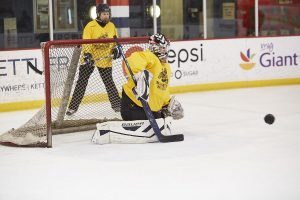
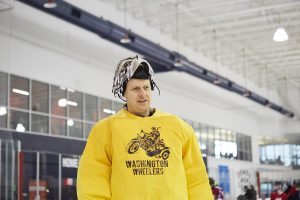
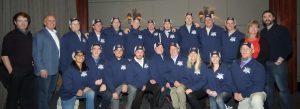
To learn more about the Washington Wheelers, visit their website – and follow them on Facebook, Twitter and Instagram.
